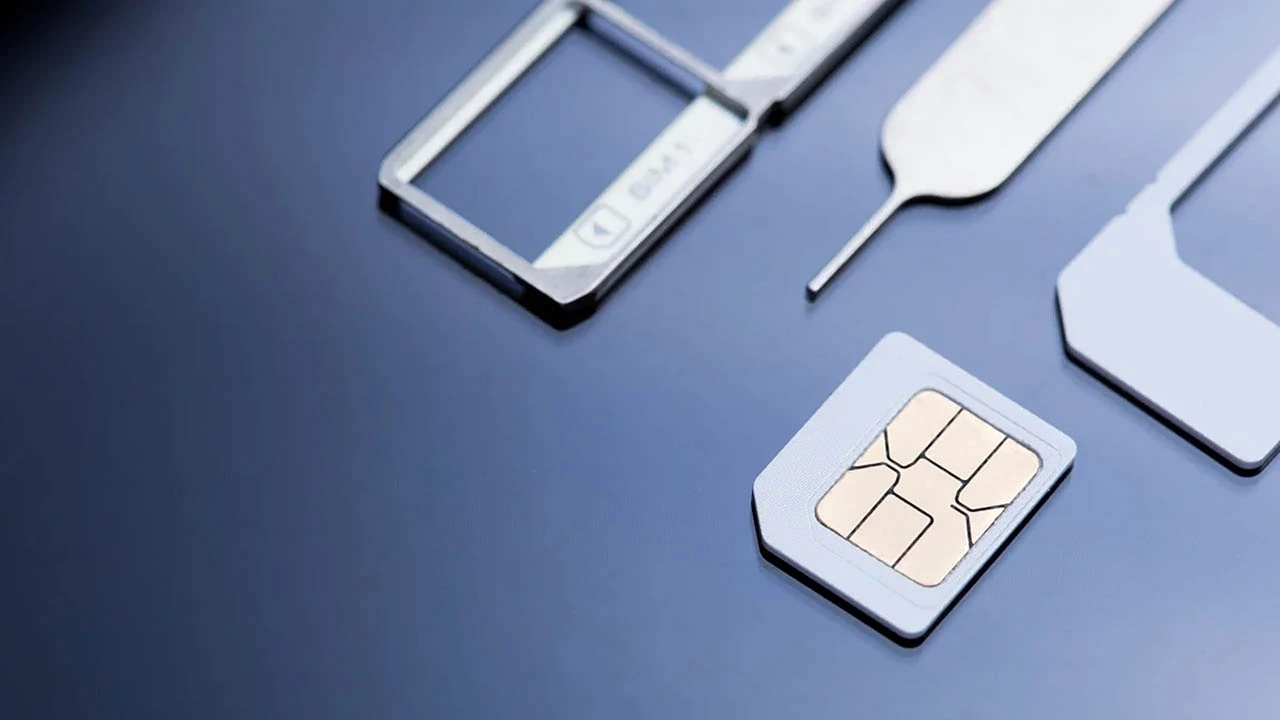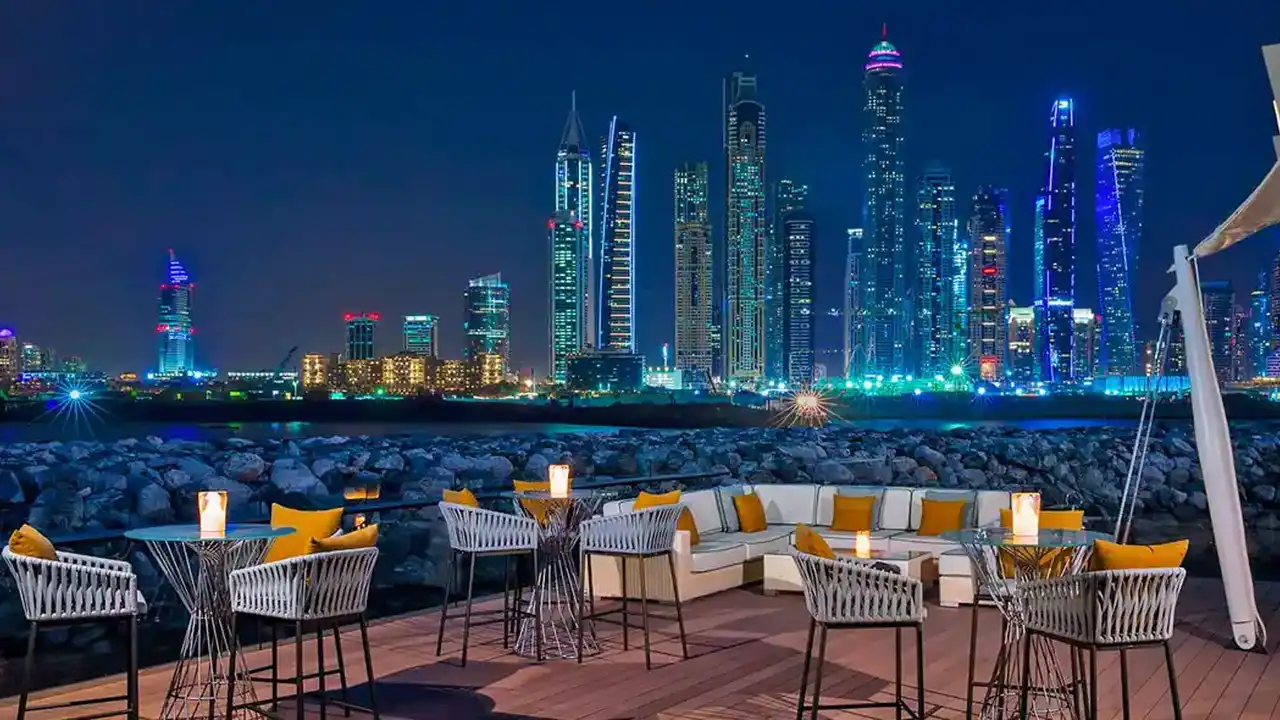Dubai Weather Guide Best Time to Visit and What to Pack
Plan your Dubai trip according to the weather. Find out the best time to visit and what to pack for a comfortable and enjoyable experience.

Dubai Weather Guide Best Time to Visit and What to Pack
So, you're thinking about a trip to Dubai? Awesome choice! This city is a dazzling mix of futuristic skyscrapers, ancient traditions, and incredible experiences. But before you book those flights, let's talk about something super important: the weather. Dubai is in the desert, which means it gets hot. Really hot. Knowing the best time to visit and what to throw in your suitcase can make or break your vacation. Let's dive in!
Understanding Dubai's Climate Your Seasonal Guide
Dubai has a subtropical desert climate, which basically means two main seasons: hot and hotter. Just kidding, mostly. It's more like a pleasant winter and a scorching summer. Understanding these seasons is key to planning your perfect trip.
Winter Wonders in Dubai October to April
This is hands down the best time to visit Dubai. The weather is absolutely glorious. Think clear blue skies, comfortable temperatures, and a gentle breeze. It's perfect for exploring outdoors, hitting the beaches, or enjoying al fresco dining.
- October: The heat starts to mellow out. Daytime temperatures average around 30-35°C (86-95°F). Evenings are pleasant.
- November: Getting even better! Averages are around 25-30°C (77-86°F). Ideal for all outdoor activities.
- December to February: Peak season! Temperatures hover around 20-25°C (68-77°F) during the day, dropping to a cool 10-15°C (50-59°F) at night. This is prime time for desert safaris, beach days, and exploring the city on foot.
- March: Still fantastic, with temperatures creeping up slightly to 25-30°C (77-86°F).
- April: The heat begins to ramp up again, reaching 30-35°C (86-95°F). Still manageable, especially earlier in the month.
During these months, you can enjoy everything Dubai has to offer without feeling like you're melting. Think long walks along JBR Beach, exploring the Al Fahidi Historical Neighbourhood, or even a round of golf. The evenings are perfect for rooftop bars and outdoor concerts.
Summer Sizzle in Dubai May to September
Okay, let's be real: Dubai summers are intense. Temperatures regularly soar above 40°C (104°F), often hitting 45°C (113°F) or even higher. Humidity can also be quite high, making it feel even hotter. Outdoor activities become challenging, and most of your time will be spent indoors.
- May: The transition month. Temperatures can hit 35-40°C (95-104°F).
- June to August: The hottest months. Expect daily averages well over 40°C (104°F). It's not uncommon for temperatures to reach 48-50°C (118-122°F) in July and August.
- September: Still very hot, but with a slight hint of relief towards the end of the month.
So, why would anyone visit in summer? Well, there are a few perks. Hotel prices are significantly lower, and attractions are less crowded. Dubai is incredibly well-equipped for the heat, with air conditioning everywhere – malls, hotels, taxis, even bus stops! You'll spend a lot of time enjoying indoor attractions like the Dubai Mall, Ski Dubai, or various museums and art galleries. Water parks are also a popular choice, but even then, the walk between rides can be scorching.
What to Pack for Your Dubai Adventure Essential Items
Packing for Dubai depends heavily on when you're visiting, but some essentials remain constant. Remember, Dubai is a modern city but also has cultural sensitivities, so dressing respectfully is always a good idea, especially when visiting religious sites or traditional areas.
Clothing Considerations for Dubai's Climate
No matter the season, lightweight, breathable fabrics are your best friends. Think cotton, linen, and rayon.
Winter Packing Essentials October to April
Even though it's 'winter,' you'll still want light clothing for the daytime. However, evenings can get surprisingly cool, especially if you're out in the desert or by the water.
- Daytime: T-shirts, light blouses, shorts, capris, skirts, and light dresses.
- Evenings: A light jacket, cardigan, or shawl. This is crucial for desert safaris, as desert nights can be chilly.
- Swimwear: Definitely pack your swimsuits for hotel pools and beaches.
- Footwear: Comfortable sandals, walking shoes, and perhaps a dressier pair for evenings out.
- Modest Options: While not strictly required everywhere, having a few outfits that cover your shoulders and knees (e.g., maxi dresses, long skirts, trousers, shirts with sleeves) is respectful and useful for visiting mosques or traditional areas.
Summer Packing Essentials May to September
This is all about staying cool and comfortable indoors. When you do venture out, you'll want maximum breathability.
- Daytime: Very light and loose-fitting clothing. Think flowy dresses, linen shirts, shorts (for casual wear), and light trousers.
- Evenings: Still light clothing, but perhaps something a bit more stylish for air-conditioned indoor venues.
- Swimwear: Essential for hotel pools and water parks.
- Footwear: Open-toed sandals, flip-flops, and very breathable shoes.
- Modest Options: Same as winter, but perhaps even more important to protect from the sun if you're outside.
Sun Protection and Health Essentials for Dubai
The sun in Dubai is strong year-round. Protecting yourself is non-negotiable.
- Sunscreen: High SPF (30+ or higher) is a must. Reapply frequently, especially if you're swimming or sweating.
- Hat: A wide-brimmed hat offers excellent protection for your face and neck.
- Sunglasses: Protect your eyes from the intense glare.
- Reusable Water Bottle: Staying hydrated is crucial. You can refill it at many places.
- After-sun Lotion: Just in case you get a bit too much sun.
- Basic First-Aid Kit: Pain relievers, band-aids, antiseptic wipes, and any personal medications.
Tech and Gadget Must-Haves for Dubai Travel
Don't forget your tech to capture those amazing Dubai moments and stay connected.
- Universal Travel Adapter: Dubai uses Type G (UK style) plugs. A universal adapter is always a good idea.
- Portable Power Bank: Your phone battery will drain quickly with all the photos and navigation. A power bank is a lifesaver.
- Camera: Whether it's your phone or a dedicated camera, you'll want to capture the stunning architecture and landscapes.
- E-reader/Tablet: For downtime, especially if you're spending a lot of time indoors during summer.
Specific Product Recommendations for Your Dubai Trip
Let's get a bit more specific with some product recommendations that can enhance your Dubai experience, focusing on comfort, sun protection, and staying connected.
Hydration Solutions for Dubai's Heat
Staying hydrated is paramount. While bottled water is readily available, a good reusable bottle is eco-friendly and convenient.
- Hydro Flask Wide Mouth Bottle with Flex Cap (32 oz): This insulated stainless steel bottle keeps drinks cold for up to 24 hours, which is essential in Dubai's heat. It's durable and comes in various colors. Price: Around $45-$50 USD. Usage: Perfect for carrying water during city explorations, beach days, or desert safaris. Its wide mouth makes it easy to add ice.
- LARQ Self-Cleaning Water Bottle (17 oz / 25 oz): For those who prioritize hygiene, this bottle uses UV-C LED light to purify water and self-clean the bottle. Price: Around $78-$95 USD. Usage: Great for peace of mind, especially if you're refilling from various sources. Keeps water fresh and clean.
Superior Sun Protection Gear for Dubai
Don't underestimate the Dubai sun. Invest in quality sun protection.
- Supergoop! Unseen Sunscreen SPF 40: This is a fantastic, lightweight, and invisible sunscreen that works well under makeup and doesn't leave a white cast. It's water-resistant for 40 minutes. Price: Around $38 USD for 1.7 oz. Usage: Daily facial sunscreen, perfect for all skin types.
- EltaMD UV Clear Broad-Spectrum SPF 46: A dermatologist-recommended option, especially good for sensitive or acne-prone skin. It contains niacinamide to help calm skin. Price: Around $39 USD for 1.7 oz. Usage: Excellent for daily use, provides broad-spectrum protection.
- Columbia Bora Bora Booney Hat: This hat offers UPF 50 sun protection, has a wide brim, and features an adjustable drawcord. It's lightweight and breathable. Price: Around $30-$35 USD. Usage: Ideal for long days outdoors, whether at the beach, exploring souks, or on a desert safari.
Staying Connected in Dubai SIM Card Options
Having local data is incredibly convenient for navigation, ride-hailing, and staying in touch. You have a few options.
- Du Tourist SIM Card: Available upon arrival at Dubai International Airport (DXB). You get a free SIM with some data and minutes, and you can top it up easily. For example, a 2GB data + 30 mins local/international calls package might cost around 50 AED (approx. $13.60 USD) for 28 days. Larger packages are available. Usage: Convenient for immediate connectivity upon arrival. Good for short to medium stays.
- Etisalat Tourist SIM Card: Also available at the airport. Similar packages to Du. For instance, a 4GB data + 30 mins local/international calls package might be around 75 AED (approx. $20.40 USD) for 28 days. Usage: Another reliable option, often preferred by business travelers for its network stability.
- Airalo eSIM (e.g., 'Mashriq' for UAE): If your phone supports eSIM, this is a super convenient option. You can purchase and activate a data plan before you even land. For example, a 5GB data plan for 30 days might cost around $15-$20 USD. Usage: Ideal for travelers who want to avoid physical SIM cards and have immediate data upon landing. Great for data-heavy users.
Comparison: Physical SIMs (Du/Etisalat) are great if you need local calls and prefer a traditional setup. They are easy to top up at kiosks. eSIMs (Airalo) offer unparalleled convenience for data-only needs, allowing you to keep your home SIM active for calls/texts while using the eSIM for data. Check your phone's compatibility for eSIM before purchasing.
Navigating Dubai's Dress Code and Cultural Norms
While Dubai is very tolerant and cosmopolitan, it's still a Muslim country, and showing respect for local customs goes a long way. For tourists, the dress code is generally relaxed, but there are a few key things to remember.
General Dress Code for Public Places
For most public places like malls, restaurants, and tourist attractions, smart casual is perfectly acceptable. Shoulders and knees covered are generally recommended, especially for women, but it's not strictly enforced everywhere. You'll see a wide range of attire, from very modest to more revealing, but erring on the side of modesty is always appreciated.
- Women: Avoid overly revealing clothing. Tank tops and short shorts are generally fine in tourist areas like beaches and hotel pools, but for malls and public transport, consider covering up a bit more. Maxi dresses, capris, skirts below the knee, and shirts with sleeves are good choices.
- Men: T-shirts and shorts are fine for casual wear. For more upscale restaurants or business settings, trousers and collared shirts are appropriate.
Dress Code for Religious Sites
If you plan to visit a mosque, like the stunning Jumeirah Mosque or the Grand Mosque, strict dress codes apply:
- Women: Must cover their head, shoulders, and knees. Loose-fitting clothing is preferred. Abayas (full-length robes) and headscarves are often provided at the entrance of major mosques for visitors.
- Men: Should wear long trousers and shirts with sleeves.
Always remove your shoes before entering a mosque.
Beach and Pool Attire
Swimwear is perfectly acceptable at hotel pools and public beaches. However, it's advisable to cover up when walking to and from the beach or pool area, especially in public spaces like hotel lobbies or streets.
Respectful Behavior Tips
- Public Displays of Affection: Keep public displays of affection to a minimum. Holding hands is generally fine, but anything more intimate is frowned upon.
- Alcohol Consumption: Alcohol is available in licensed venues (hotels, clubs, bars) but consuming it in public places is illegal.
- Photography: Always ask for permission before taking photos of people, especially women. Avoid photographing government buildings or military installations.
- Ramadan: If you visit during the holy month of Ramadan, be extra mindful. Eating, drinking, and smoking in public during fasting hours (sunrise to sunset) are prohibited. Many restaurants will be closed during the day or offer discreet dining options.
By keeping these tips in mind, you'll not only have a more comfortable trip but also show respect for the local culture, which will be greatly appreciated. Enjoy your Dubai adventure!
:max_bytes(150000):strip_icc()/277019-baked-pork-chops-with-cream-of-mushroom-soup-DDMFS-beauty-4x3-BG-7505-5762b731cf30447d9cbbbbbf387beafa.jpg)





